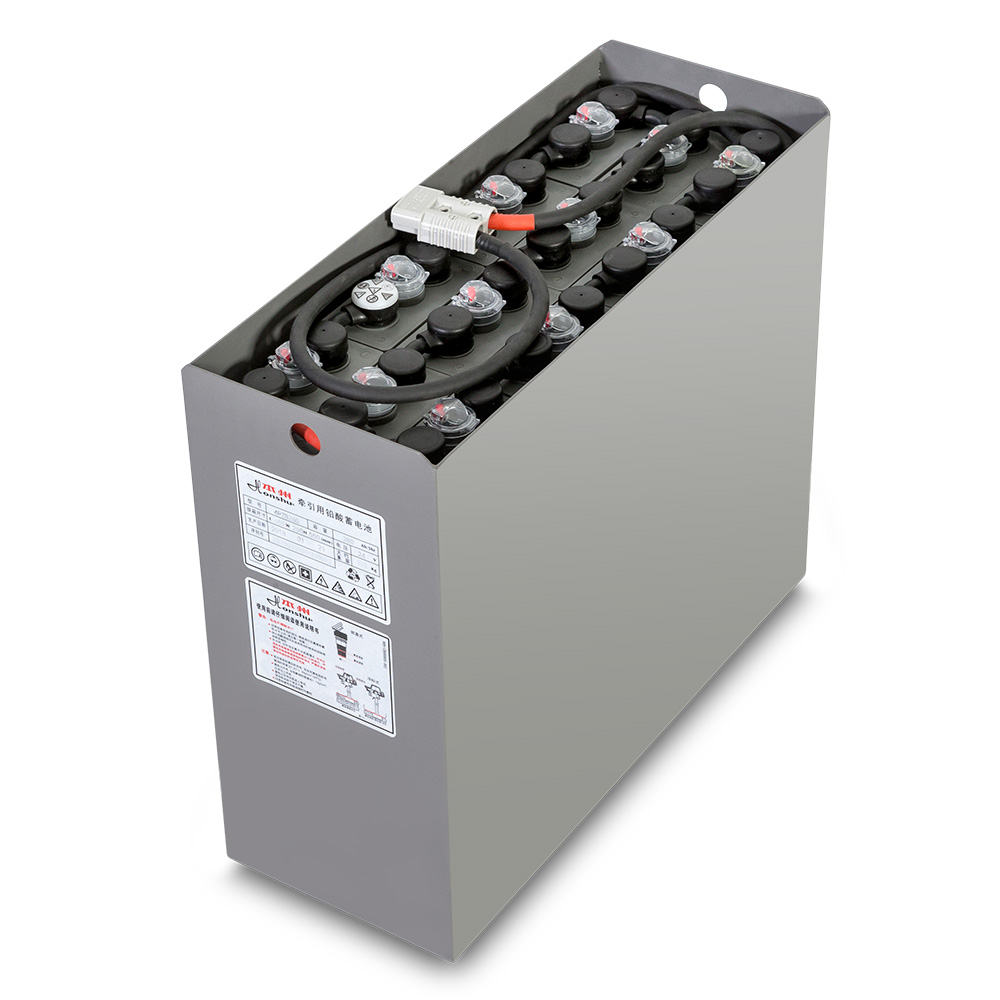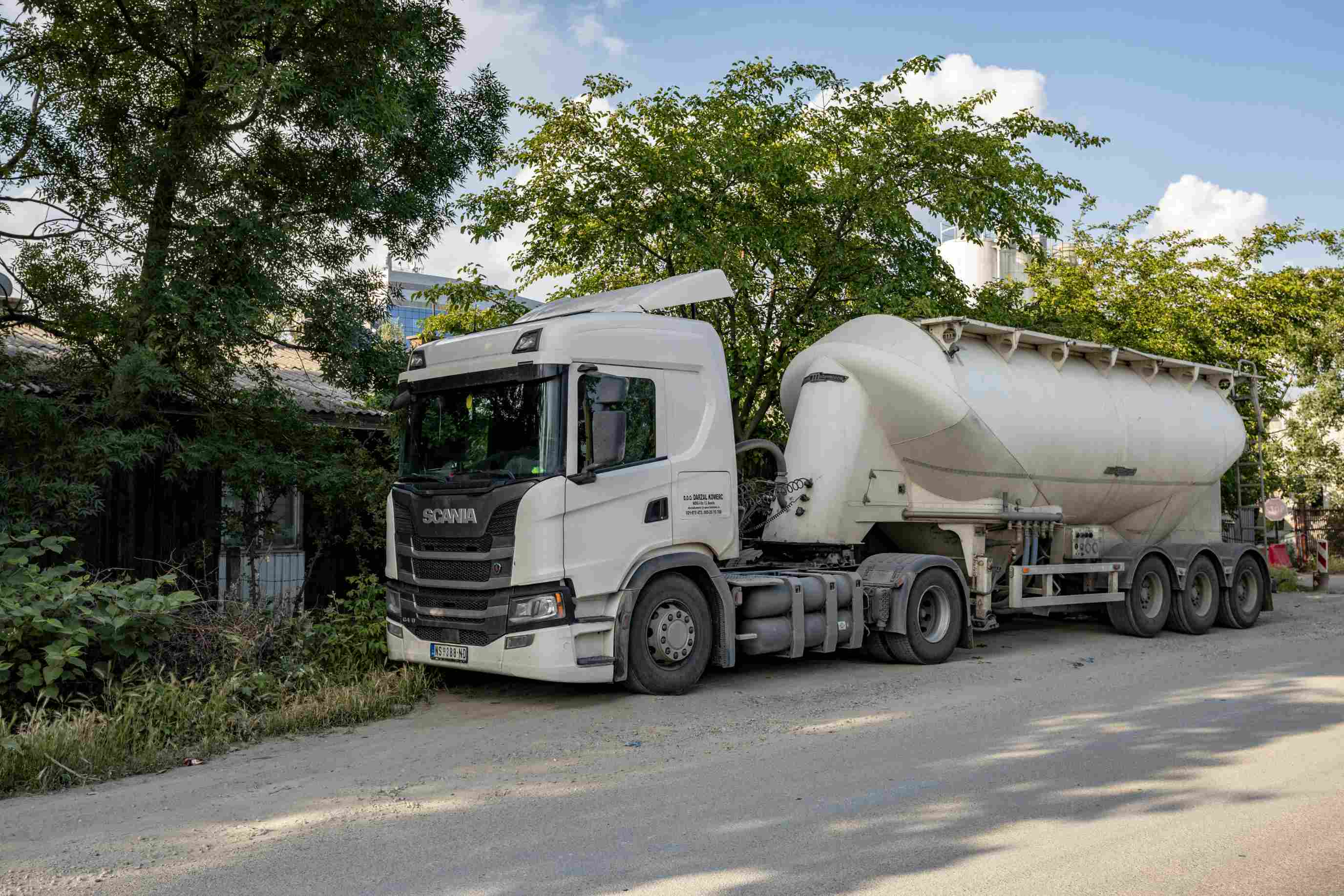In the world of material handling, the silent heroes that ensure the smooth operation of warehouses are often overlooked - fork truck batteries. These unassuming power sources play a pivotal role in keeping forklifts and pallet jacks humming along efficiently. To truly appreciate their significance, one must delve into the fork truck battery technology.
Battery Types for Fork Trucks
Fork truck batteries come in two main flavors, each with its own set of pros and cons.
Lead-Acid Batteries
Lead-acid batteries have been the industry standard for decades, known for their robustness and affordability. They are available in various designs, including flooded lead-acid and valve-regulated lead-acid (VRLA) batteries. Their conventional technology and ease of maintenance make them a popular choice for many warehouses.
Lithium-Ion Batteries
On the cutting edge of technology, lithium-ion batteries have entered the forklift scene with a bang. Their compact size, high energy density, and longer cycle life are just a few reasons why they're gaining traction. However, they come at a premium, making it essential to evaluate the return on investment when considering a switch.
Voltage and Capacity Considerations
When choosing a battery for your fork truck, it's crucial to consider both voltage and capacity factors.
Single vs. Multi-Cell Batteries
Forklift batteries typically come in single-cell and multi-cell configurations. The choice depends on the voltage required for your equipment. Multi-cell batteries can be connected in series or parallel to achieve the desired voltage and capacity.
Ampere-Hour Ratings
Ampere-hour (Ah) ratings indicate the battery's capacity to deliver power over time. Selecting the right Ah rating ensures your forklift can operate for the required duration between charges. Understanding your specific usage patterns is key to making the right choice.

Aokly Fork Truck Battery
Maintenance and Care
Charging Best Practices
Efficient charging practices are essential for maximizing battery life and productivity.
Charging Cycle and Depth of Discharge: The charging cycle of a fork truck battery refers to the complete process of discharging and recharging. Ensuring that batteries are not deeply discharged before recharging can extend their lifespan significantly. Implementing effective strategies to avoid excessive discharge is imperative.
Fast Charging vs. Slow Charging: Warehouses often need forklifts to be operational around the clock. Understanding the pros and cons of fast charging versus slow charging is crucial to maintaining productivity without compromising the longevity of the batteries.
Monitoring Battery Health
To keep your forklift fleet running smoothly, monitoring battery health is paramount.
State of Charge (SoC) Indicators: State of charge (SoC) indicators help operators gauge the remaining power in the battery. Regularly checking the SoC ensures that forklifts are not stranded mid-operation due to inadequate charge levels.
Regular Inspections and Maintenance Routines: Scheduled inspections and maintenance routines are vital to catching issues early and preventing costly breakdowns. A well-maintained battery can serve your warehouse operations for years.
Battery Efficiency and Longevity
Factors Affecting Battery Efficiency
Several factors influence battery efficiency and longevity.
Temperature Control: Maintaining the right operating temperature is vital. Extreme temperatures can degrade battery performance. Implementing temperature control measures, like cooling systems, can significantly extend battery life.
Depth of Discharge (DoD): Minimizing the depth of discharge (DoD) – the percentage of a battery's capacity used before recharging – can significantly extend battery life. Consistently discharging batteries less deeply can yield impressive results in terms of longevity.
Prolonging Battery Life
Enhancing the lifespan of your fork truck batteries is a cost-effective strategy.
Equalizing Charges: Equalizing charges at regular intervals can prevent capacity imbalances between cells and extend battery life. This involves overcharging the battery briefly to ensure all cells receive a full charge.
Proper Storage and Handling: When not in use, proper storage and handling of batteries is crucial. Ensuring they are stored in a cool, dry, and well-ventilated area and avoiding deep discharges during storage can preserve battery life.
Conclusion
The choice and care of fork truck batteries are critical elements in maintaining the efficiency and productivity of your warehouse operations. By understanding the nuances of battery technology, implementing best practices in maintenance and charging, and optimizing battery life, you can ensure that your forklift fleet runs smoothly and cost-effectively, delivering the results your business demands.

 EN
EN 



